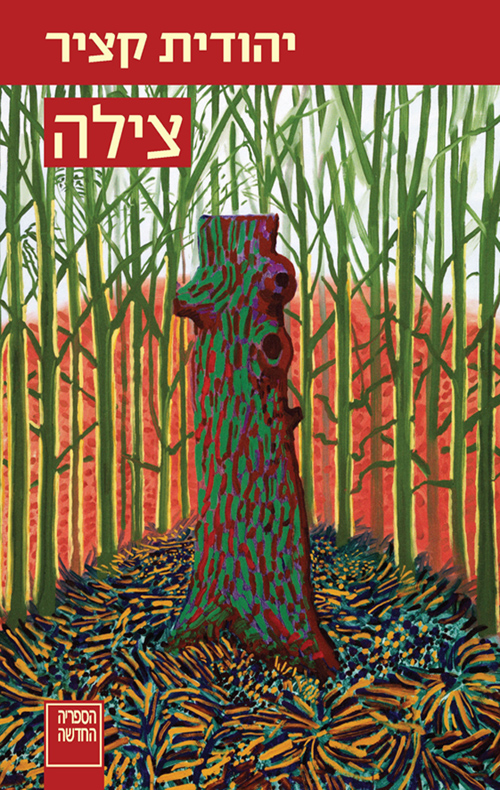
Tzilla
For 25 years, Tzilla lived both with Lazar, the husband with whom she had five children, and with her lover Hanan, ten years her junior. After World War I, they moved from place to place in Palestine, and the children lived with two fathers. In fact, it was “Uncle Hanan” who raised them, provided their education and brought in a large part of the family’s livelihood. Lazar was the first to kiss Tzilla and she innocently thought that because of that she had to marry him even though she didn’t love him. They were married after the pogrom in Odessa in 1905, in which Tzilla lost an eye while Lazar stood by helplessly. But in Eretz Yisrael, to which the couple migrate, the naïve young girl becomes a free and dominant woman, mother to a dynasty of strong women whose men-folk are weak and spineless.
Based on the memoirs of Katzir’s great-grandmother and on Hanan’s diary, Tzilla weaves the saga of four generations as they interface with the history of Israel. Katzir—who also figures in this saga—has written the novel of her life, both because it is her most complex work to date and because only her panoramic gaze could trace the remarkable Tzilla down through the generations and tackle the family myth.

-
“ An expansive and touching novel [about] a fascinating three-parent family. The characters are drawn with a gentle, loving hand and an inquiring mind…Tzilla has a] masterly structure that…joins together different, even conflicting points of view. It is as if the entire family is watching itself through many pairs of eyes. Lovely and heart-warming. ”
-
“ Tzilla is a very surprising novel: Katzir has written an ambitious autobiographical novel interwoven with the history of the Jewish people.”
-
“The characters show amazing vitality, a desire to overcome all.”
-
“ Tzilla needs no flattery. The best-seller lists gauge the lively, unequivocal love of its readers...This books calls for complex discussion on aspects of ideology, style and gender. ”
